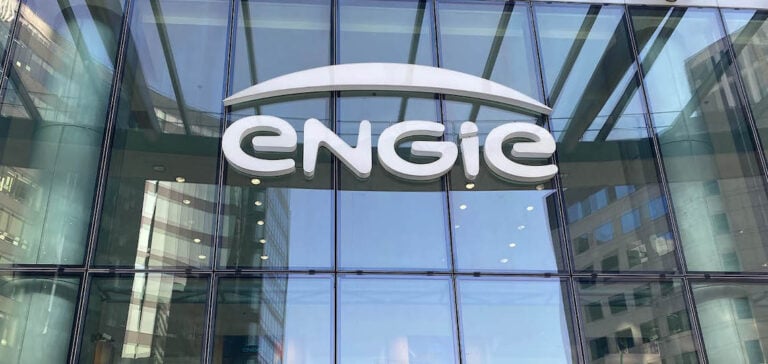French energy giant Engie reported an improved first half, driven by renewables and its energy management activities, but was hit by a very heavy charge linked to the extension of two nuclear reactors in Belgium.
Sales of 47 billion euros were up 8.9% on the first half of 2022, and operating profit (Ebit) showed an even stronger rise, up 32.3% year-on-year to 6.9 billion euros.
“In the first half of the year, Engie achieved a very good financial performance, driven by the development of our renewable activities and the results of our energy management activities in a context still characterized by high volatility in energy prices”, said group CEO Catherine MacGregor, quoted in the release.
These performances enable the Group to confirm its annual targets for 2023, despite a context of falling energy prices. But the Group is suffering from the negative impact on its accounts of its nuclear activities in Belgium.
In its half-year accounts, it recorded a one-off charge of 4.4 billion for the future management of nuclear waste in this country. Engie thus posted a net loss of 800 million euros for the half-year. Excluding exceptional items, recurring net income came to 4 billion euros.
On July 21, after lengthy discussions, Engie and the Belgian government signed an agreement on the 10-year extension of the Tihange 3 and Doel 4 nuclear reactors, and on nuclear waste obligations.






















